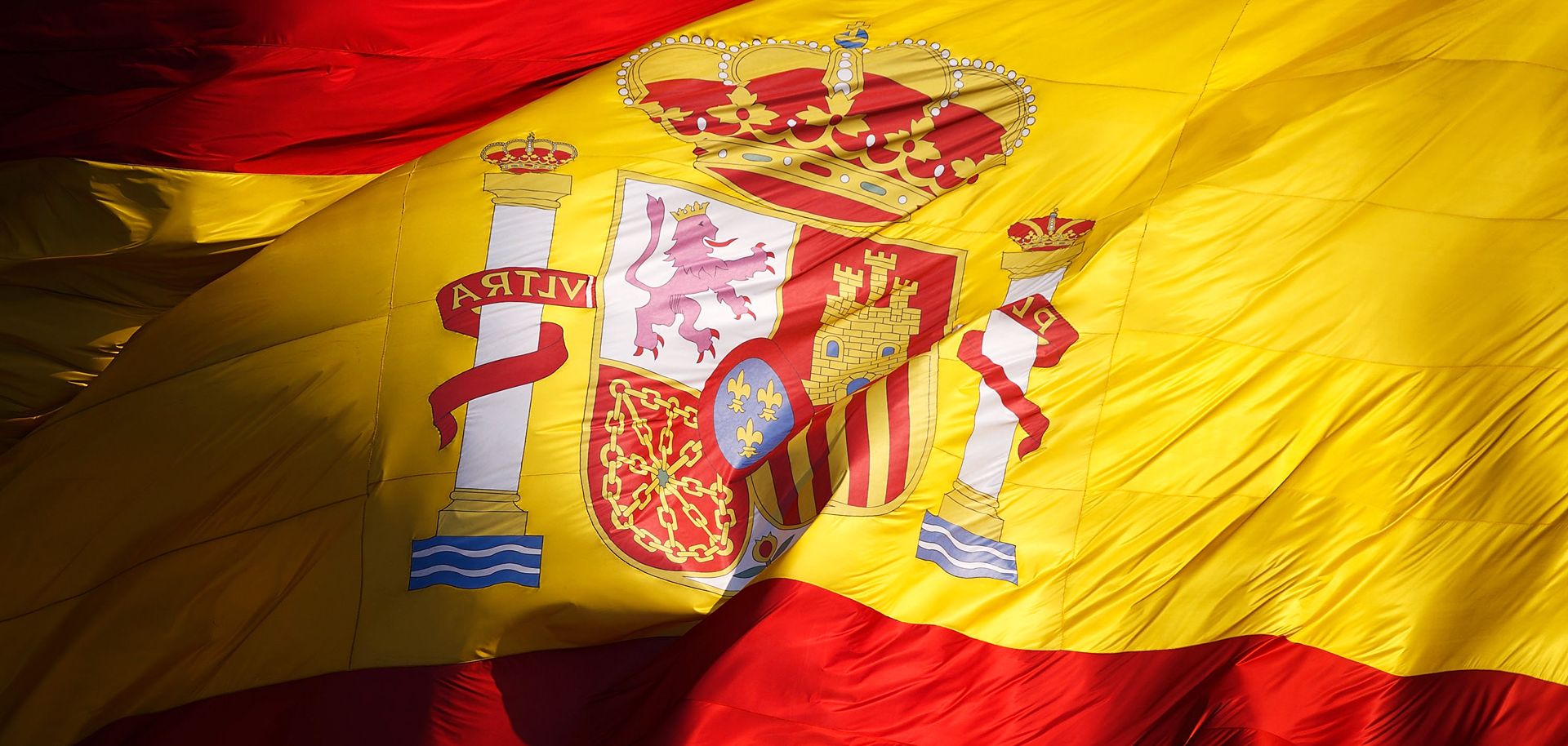ASSESSMENTS
Leaders of a Divided Spain Square Off Yet Again
Aug 3, 2014 | 11:19 GMT

(Gonzalo Arroyo Moreno/Getty Images)
Summary
Spanish Prime Minister Mariano Rajoy looked Catalan President Artur Mas in the eye and shook his hand. They were about to enter the Spanish presidential palace when a photographer asked them to shake hands again for the camera. With Spanish and Catalan flags waving behind them, the two leaders repeated the gesture — this time flashing timid smiles. If this had happened five or ten years ago it would have gone unnoticed. Spanish prime ministers meet with the presidents of the Spanish autonomous communities frequently. But this meeting was different. It was the strained coming together of a man representing a parliamentary monarchy under great pressure and a man who believed he could become the first president of an independent republic.
2014 will not be just another year for Spain. This year, the country is experiencing an identity crisis that threatens the very foundation of the Spanish state. In June, the abdication of King Juan Carlos I reopened the debate about the role of the monarchy. In November, the government of Catalonia will try to hold a referendum in an effort to gain independence, a move that is illegal according to the Spanish constitution. These events are not minor or isolated. Quite the opposite, they highlight the extent to which two pillars of the Spanish state — its form of government and its territorial integrity — are being challenged by large segments of society.
Subscribe Now
SubscribeAlready have an account?
